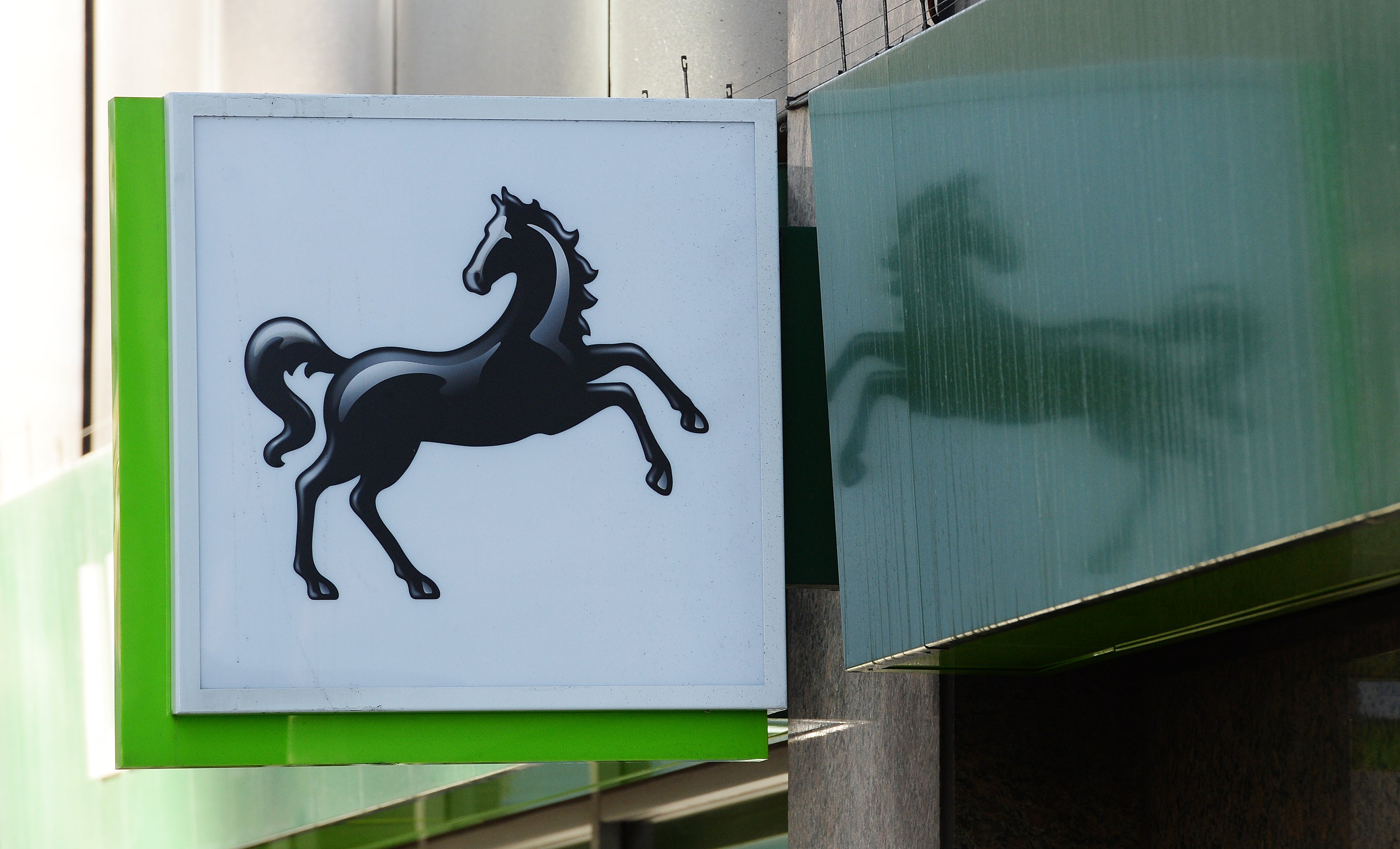Lloyds Banking Group’s provisions are on the rise as the cost of living crisis makes its presence felt
The bank’s profits took a tumble as provisions for bad debt rose sharply, writes James Moore


The headline figures look nasty. Lloyds Banking Group might have been in happy town were it not for the ugly black mark of loan impairments, which took a big bite out of its earnings over the first three months of this year.
Last time around, some £360m came back to the bank from previous provisions; from loans it feared would go bad that ultimately didn’t.
At the start of the pandemic, all the big banks set aside large amounts of money fearing an economic crunch and an unemployment crisis. The crunch came. The unemployment crisis did not.
Rishi Sunak did a decent impression of a competent chancellor with his furlough scheme, with the assistance of the TUC and the CBI. So people were mostly able to manage. So Lloyds’ numbers looked a lot rosier than had been feared at the outset of Covid.
Now the impairments line once again looks nasty, containing £177m of red ink, serving as the chief cause of a 15 per cent decline in profits.
Lloyds acts as something of a bellwether for the UK economy. The majority of its business is retail –providing the likes of you, me, and our small businesses, with savings, loans and other financial products. It is overwhelmingly UK-based and if UK plc is doing well, Lloyds does well. The converse is also true.
Does this mean there are troubled times ahead?
Lloyds is keen to stress that what it calls its “business as usual” provisions would normally have been about £150m this time and last time if everything were on an even keel. And it didn’t get money back from past provisions like this time last year.
Some loans are going to go bad whatever the economic circumstances, and they have to be provisioned for.
However, review of the current economic situation bumped this baseline impairment figure up to £177m this time. That represents an 18 per cent increase. It is obviously a much less dramatic move than the huge swing in the headline numbers. But it is still noticeable.
There are, it should be said, reasons for the bank to feel cheerful. Higher interest rates are pumping up its margins. The mortgage business is robust. The housing market is buoyant, at least for now. Deposits are rolling in.
The truth of the matter is that while Lloyds is a bellwether, its business is not (yet) at the sharp end of Britain’s economic problems. They are falling most heavily on people with low disposable incomes. These people tend to be renters. If they borrow, it’s often from so-called “subprime” sources of credit, rather than high street banks with stricter lending criteria.
Also helping Lloyds out is Britain’s labour market, which remains robust. People can mostly pay their bills. When they start to struggle, they tend to prioritise paying debts, and especially mortgage debt, which also helps the banks.
There are signs that they are responding to sharply rising food and energy bills by making economies in discretionary areas too.
Lloyds recently reported that over 1.2m subscription payments have been stopped since summer 2021. Popular TV, film and music streaming services made up almost half (47 per cent) of the regular payments cancelled, with households taking stock of their discretionary spending.
This does rather raise questions about the health of the consumer economy, which is very important to UK plc. But it’s a welcome development from the perspective of financial stability.
Even with all that, uncertainty is casting a pall over the future prospects of Lloyds and Britain, as the bank has admitted.
True, lenders have got a lot better at managing distressed borrowers, thanks in part to some judicious prodding from their regulators. They have become more willing to consider support such as offering payment holidays. The repossession of homes – which helps no one – is only considered when there really are no other options.
Still, a Treasury which acted with commendable swiftness during the pandemic is now busy tripping over its feet in the face of the cost of living crisis. There won’t be much help from it until an election is due.
Lloyds’ numbers will therefore merit careful attention in future, especially if those “business as usual” provisions continue to tick up. The wind is picking up. These are the first signs of a squall.
Join our commenting forum
Join thought-provoking conversations, follow other Independent readers and see their replies
Comments
Bookmark popover
Removed from bookmarks